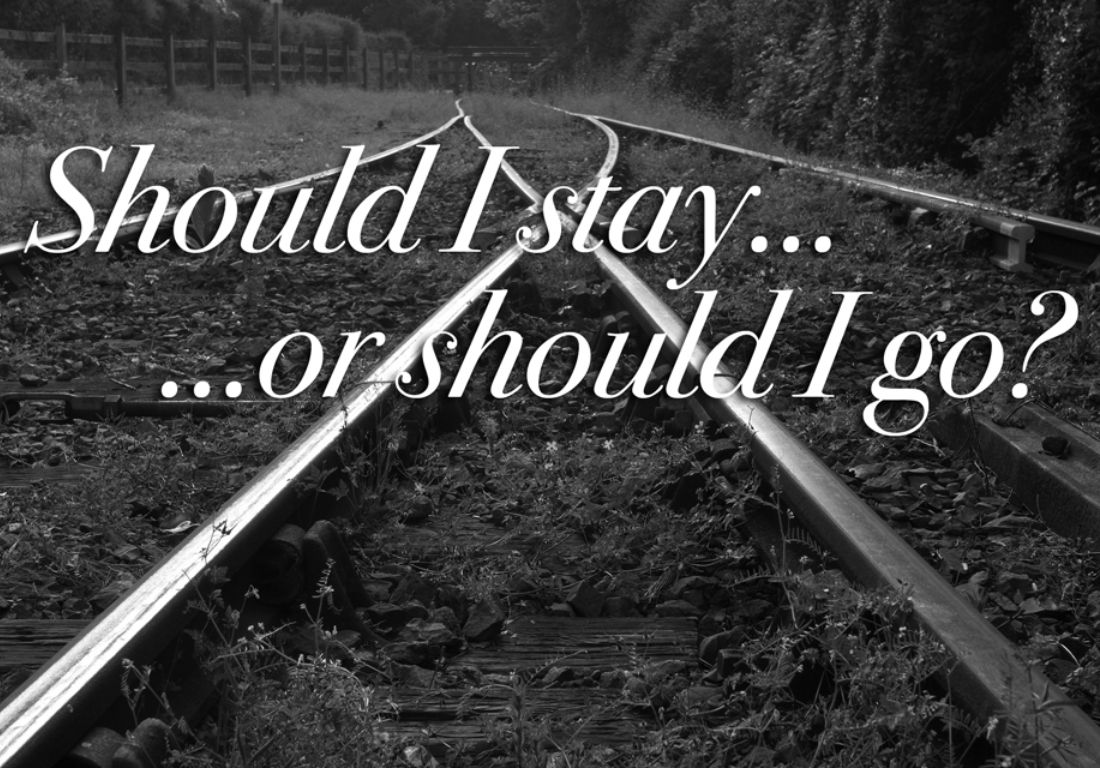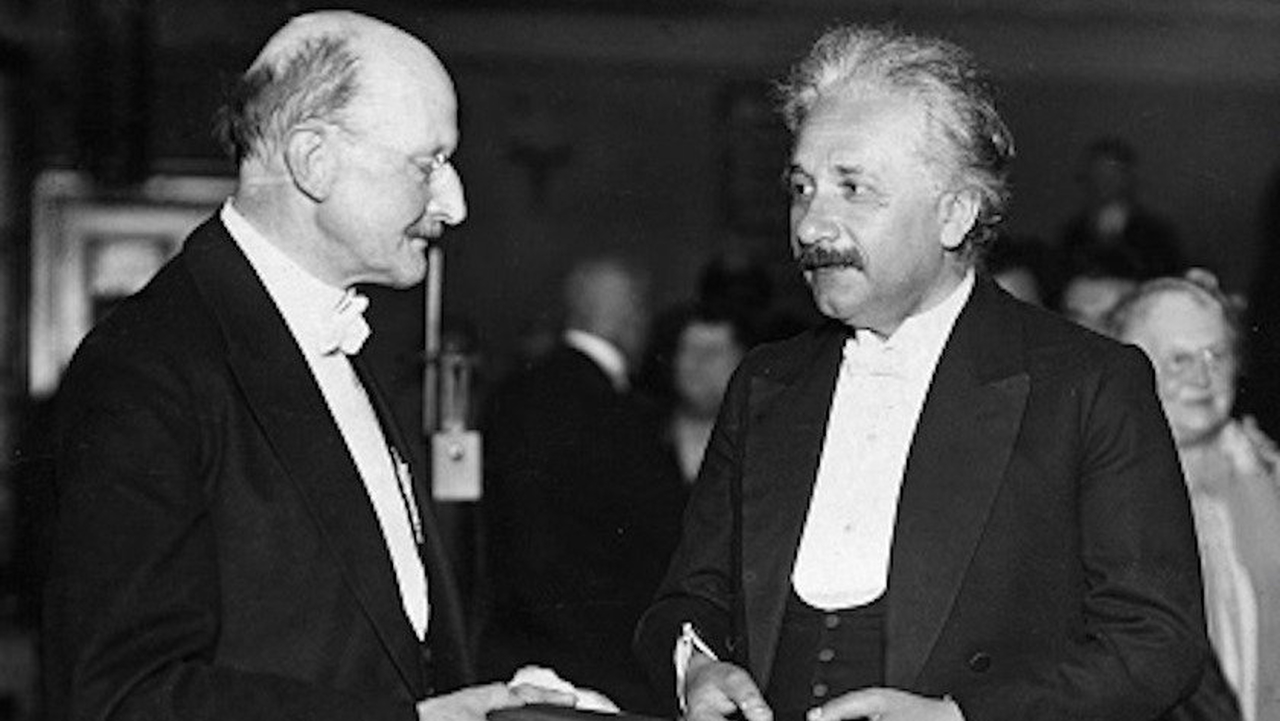Countless people struggle with the answer to this most daunting question. As our relationship hangs on the precipice of making this decision, how we go about making the “right” choice is critical. Committed relationships are typically fraught with challenges and much emotional and psychological upheaval. Yet, these challenges are rife with opportunity at the same time. The opportunity is for our individual growth, and possibly, the growth of the partnership. Let’s look at what’s necessary for making an enlightened decision about the future of our relationship.
Anger
We should never make any life-altering decision from anger. Our wrath may feel justifiable and we need to appropriately express our feelings, but beneath the anger lays deeper and more authentic emotions, such as fear, sadness or pain. Try getting in touch with your more vulnerable feelings and take the risk of expressing them to your partner. Articulating what feels vulnerable is not weak; it’s just the opposite. It’s authentic. Love can flourish with vulnerable communication. Defending against our hurt feelings erects a barrier to true emotional intimacy.
When two individuals communicate their vulnerable side to each other, so much becomes revealed. It’s where our genuine self resides and it needs to be heard. If your partner is the “right” partner they’ll be listening and caring when you reveal your softer side. If they turn a deaf ear, you may have your answer.
Fear
Critical choices are often made or avoided from our fear of the consequences. I’ve seen numerous marriages remain intact due to a multitude of fears: being alone, concern for the children or financial consequences. Staying in a relationship because of fear is often ruinous for it imprisons the future vitality of the relationship. Resentment and anger are the byproducts of staying in a relationship due to fear, as both people stop hoping for a better tomorrow. And they therefore stop trying.
We often worry about the consequences of our actions. We should also contemplate the consequences of our inactions. Work through your limiting fears and you’ll be in a clearer place to come to your decision.
Am I part of the problem?
Ultimately a primary purpose of a relationship should be to enhance your life. Hopefully your union began that way. Over time the challenges that relationships stir up may cause us to feel diminished. This in turn fuels frustration and resentment and the energy of your relationship spirals downward.
To turn the tide of negativity in your relationship try to shift the energy that you’re both experiencing. In the downward spiral of negativity, our reactions and criticism of each other quicken. When a client shares with me in therapy a positive feeling they had about their partner and I inquire if they shared that with the other person, the answer is typically no. Criticizing and blaming each other become familiar, but ironically if we have a warm or positive feeling about the other, we resort to silence. Come out of the rut you’re stuck in and present your best self. If you partner is “right” for you, they’ll do the same.
More…
Podcast 079: Ask These Six Questions Before Committing to a Relationship





Really nice blog.
Another element I would like to point out is that sometimes we feel unsure about what to do re: a relationship simply because we have lost sight of our values, the things that we care most about, the things that are most important to us. Once we clarify our priorities we are better able to make a decision that is in alignment with our principles. With awareness of our values we are better armed to advocate for what we want, or we are better able to let things go that don’t matter as much as we originally thought they did, or we can leave a relationship even while it may feel uncomfortable in the short-term.
Noah Clyman, LCSW-R, ACT
Academy of Cognitive Therapy (ACT) Diplomate & Fellow
Certified Trainer/Consultant & Credentialing Committee Member
Clinical Director, NYC Cognitive Therapy
Excellent point Noah!